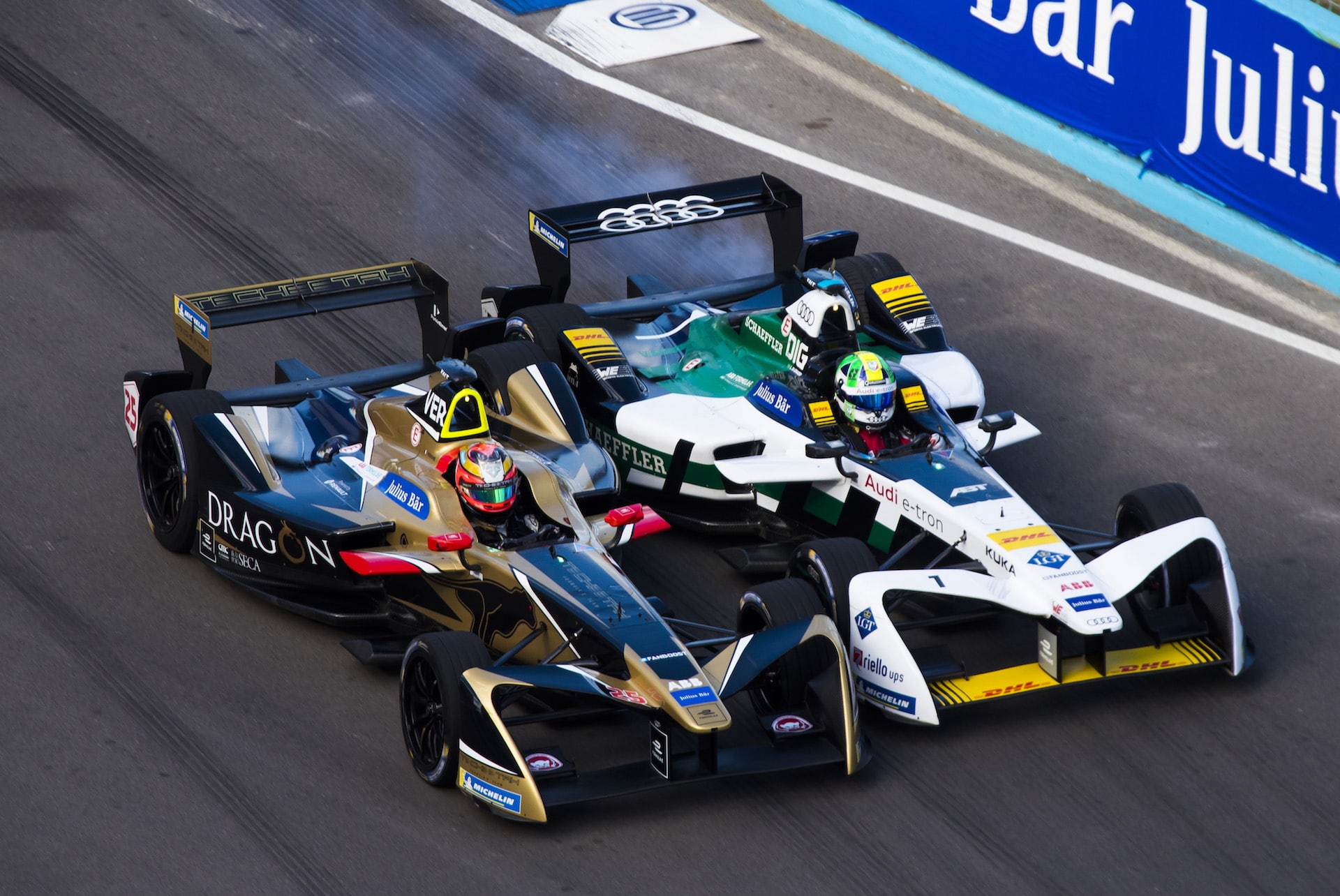
Why are F1 engines so expensive? It seems that after every single race a new question surfaces about the efficiency of these high speed electric engines. Well there are a number of factors that go into the efficiency of these high speed electric engines and they include things such as the air/fuel mixture, the lubrication, the cooling systems and a host of other factors. But no matter what the factor is there will always be an argument on whether the F1 engines are efficient or not.
If you look at a F1 car and compare it to a typical car you will see a huge difference. The F1 engines generate such high speeds that they require a tremendous amount of fuel in order to go. And in turn the engines have to deliver this power quickly, which of course leads to fuel consumption problems. Not only do F1 engines give out a lot of power but also they give out enormous amounts of exhaust gas, which is another reason why they are so costly. Most high speed racers do not consider buying fuel in order to reduce their expenses.
Although most high speed racers consider getting sponsors for their car in order to help pay for the cost of the engines there are still a number of high speed drivers who pay for their own engines. This is because the sponsors know that if they get a good reliable engine that can produce massive amounts of horsepower then they will get huge profits from their races. Why are F1 engines so expensive? Mainly because most of the manufacturers of these engines are making these engines in China, India and Brazil. Although there are some good suppliers in Europe, especially within the Italian region but these regions do not make as much profit per vehicle as the Asian countries do and this is one of the main reasons why F1 engine prices keep on rising.
How long is a Formula 1 car?
How long is a Formula 1 car? For most of the time, a car is considered to be new when it comes with a new engine and new components. In other words, it is said to have been ‘in the market’ for a certain period of time. And, of course, it cannot be called a race car if it does not have any race victories under its belt – unless, of course, it is the works car. However, the way a car holds up under pressure and under the stresses of racing is often gauged from how long it lasts.
The average lifespan of modern day Formula One cars are just five to six thousand km, which means that a car’s longevity is proportional to the amount of racing it gets. In case it wins, the longevity of a car would increase significantly, but even then, the span can be greatly shortened if it has a faulty transmission or a flimsy chassis. So, a car can be considered as ‘old’ if it regularly breaks down in the races or if it takes a lot of damage in a single go. Needless to say, it would not last very long – which is why it is imperative that you take proper care of your vehicle.
You need to bring your car for a professional service every so often. This will help you prolong the lifespan of the car. Apart from this, regular tuning up will help you prolong the life of the car too. A car is a big investment, which means that you must take good care of it. It would be a shame to part with it just because you did not do your bit to prolong its life.

Why did f1 get rid of v12?
Well there are a lot of rumors and theories circulating around, but I have no solid proof or evidence to back it all up. But I do know one thing for sure, the new Ferrari was built by Ferrari and it had to have something good going for it right? I mean the body design and engine combination’s were already pretty good right? So then it must have something good going for it in the first place right?
Wrong. The new Ford car that was introduced also had some good looks to it, but not nearly as good as the Ferrari’s. I remember seeing it in the pit lane during the race at Fuji, and you could tell right there that it reminded me of a Honda Civic, but with a much smaller motor, and four doors instead of five. It seemed that the engineers behind this car put a lot more effort into it than the previous design.
They made it lighter without losing any of the power, which is probably the best part about it, is the engine. Ford has long been a reliable car company, but lately they have been releasing cars that are very well built and dependable on the road. These new Civic’s fit this mold perfectly, and I am sure many others will befall like it. I hope it is a sign of more things to come from Ford, and not just another mistake they are making because they have finally started making a better model of their popular vehicle.

